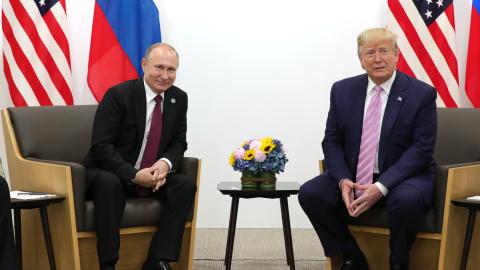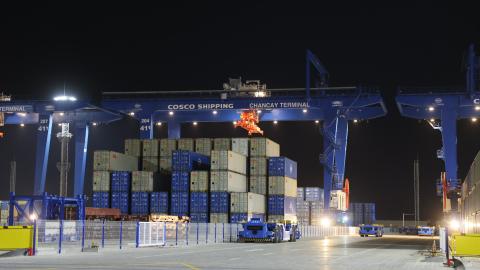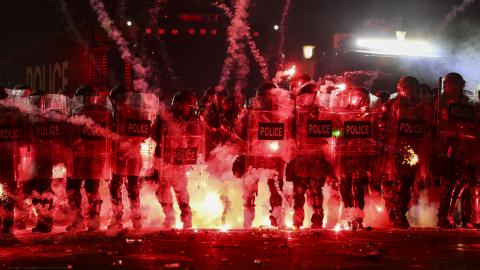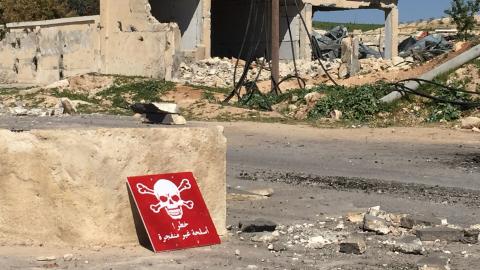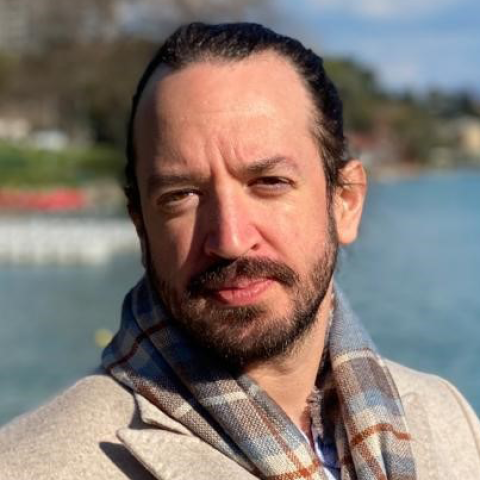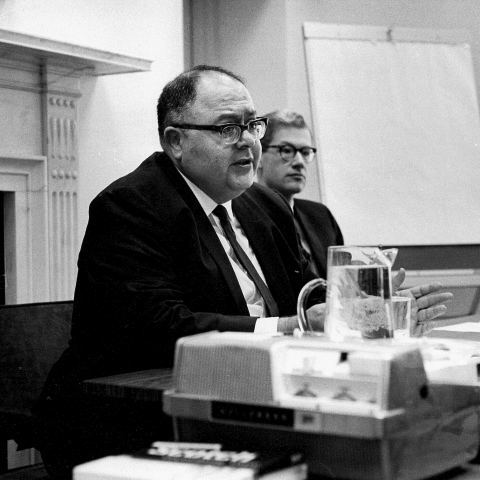Mr. Chairman:
My name is Nina Shea and I am a public member of the U.S. delegation, appointed by President George W. Bush. Our topic today -- special groups and individuals -- covers many issues of importance to the people and the government of the United States. Among these are the rights of ethnic and religious minorities, migrant workers, displaced persons, and contemporary forms of slavery. Each of these topics is worthy of discussion in its own right. I have spent most of my adult life working on them, and so I am honored to have the chance to address this forum on matters that are of great personal and professional interest to me.
The drafters of the Universal Declaration of Human Rights believed that moral suasion, publicly exercised, could be a potent force for change. Since that time, reason, reporting, and dialogue have been the primary tools the Commission on Human Rights has used to spotlight the great moral, social and political issues of the day.
There is a great moral issue facing this Commission, Mr. Chairman, the systematic violation in Sudan of a long-standing, widely-recognized human rights norm. I am speaking of chattel slavery, and the way it is practiced in Sudan against women and children from racial, ethnic, and religious minorities.
Let us be absolutely clear: there is a major difference between the word "abduction" and the word "slavery." Abducting people means taking them away against their will. It implies nothing about what happens to them afterwards. Making slaves of people has everything to do with what happens to them afterwards. To be sure, both abductions and slavery do take place in Sudan. But there is slavery in Sudan, and this Commission must call it what it is -- slavery.
For the Commission to speak of abductions, therefore, and say nothing about slavery, as this year's resolution does, is to condemn the lesser violation and ignore the graver one completely. This is an abdication of the fundamental responsibility of this Commission to defend the universal human rights of every human being to life, liberty, and the security of person.
My government has made many interventions on slavery in Sudan in recent years, and our annual Country Reports on Human Rights Situations have repeatedly documented this abhorrent practice. But that is hardly all. In her December 1999 report, High Commissioner Robinson stated that Sudan was a country "where traditional slavery persists."
For the past 7 years, this Commission has had before it the annual reports of the UN Special Rapporteurs on Sudan. Each makes reference to slave-raids, details the treatment slaves endure, and emphasizes the Sudanese government's failure to put an end to this violence.
In the 1994 report, for example, the Special Rapporteur described how Dinka women and children were abducted by the government's Popular Defense Forces, the PDF, the Mujahedin and army units and then sold into slavery to northern Sudanese and persons from abroad.
The following year, the Special Rapporteur stated unequivocally that "the phenomena of slavery and practices assimilated to slavery… do exist in the Sudan." That report also noted the "total lack of interest shown so far by the competent Sudanese authorities with regard to investigating the cases brought to their knowledge over the past several years."
In 1996, the Special Rapporteur identified a pattern that "indicates a deliberate policy on the part of the government to ignore or even condone this practice of slavery." It goes on to state: "In most of the cases brought to the attention of the government of the Sudan, the reported perpetrators belong to the Sudanese army and the Popular Defense Forces, which are under the control of the government of the Sudan. Even in the cases involving members of different tribal militias, the slavery occurred within the context of the war and there are the same perpetrators and victims." He noted that women captured as "war booty" are in some cases subjected to "sexual slavery."
The 1999 report found: "There is enough consistent and credible information to ascertain the existence of slavery patterns in the Sudan." This same report also detailed the regime's arrangement with local militias and units of the Popular Defense Forces that escort the government's military supply train south toward the town of Wau. In return for their cooperation, he states, "the militia are allowed to carry out raids on neighboring villages and to keep the proceeds of looting as payment. The raids are very violent and the militia and PDF perpetrate killings, rape, and abductions of women and children. The women and children thus kidnapped are held until payment of ransom or are kept in conditions amounting to slavery." He also reported on forcible religious conversion.
He also described the "harsh" conditions for the victims, with "abuse, torture, rape and, at times, killing being the norm." They are "forced to herd cattle, work in the fields, fetch water, dig wells, do housework and perform sexual favors." Further, he stated, "the government is not taking measures to prevent or sanction the raids against civilian populations."
In May 1999, the Sudanese government, while not admitting its responsibility for slavery, did acknowledge the "problem of abduction and forced labor of women and children." In cooperation with UN agencies and other foreign help, it established the Committee for the Eradication of Abduction of Women and Children (CEAWC). Unfortunately, CEAWC has not achieved as much thus far as we would have hoped.
After two years of work, of the thousands of southerners now thought to be enslaved in the north, CEAWC has reunited only 353 children with their families, according to the Special Rapporteur. In fact, most of these family reunifications occurred two years ago in one highly publicized event shortly after CEAWC's establishment.
But as the former Special Rapporteur, Leonardo Franco, notes in his September 2000 report to the UN General Assembly, there are between 5000 and 15,000 Dinka children who have been abducted and transferred to the areas of the Arab Baggara tribesmen. He goes on to say that the CEAWC process "has been inordinately slow, expensive and wrought with obstructions from various actors at the national and subnational levels." While he reports that he was "highly impressed" with senior CEAWC authorities, their efforts were frustrated by "serious impediments" to the discharge of their mandate. For example, one senior CEAWC member, the Chairman of the Dinka Committee, was detained and abused for his efforts. He concludes that CEAWC's ineffectiveness is "possibly because of a lack of engagement of the top political leadership in the process or a reluctance to cooperate." Meanwhile the raids continue; slaves are taken at a faster rate than they are released by CEAWC. This January, UNICEF reported that over 100 people were seized in raids in northern Bahr el Ghazal by government-backed forces. Last month, the BBC also reported on a recent spate of slave raids in Wau.
I have focused on just one aspect of the tragic situation in Sudan today -- slavery -- it is not from lack of concern about other issues. The continuing aerial bombardment of civilians, the government's restrictions on humanitarian food assistance, the religious persecution, the degradation of women, the conscription of child soldiers, the lack of basic civil and political rights, and the absence of the rule of law all concern us deeply.
Nor can the U.S. government and the American people look with indifference upon the death of two million people and the forced displacement of another four million. And neither should the members of this Commission.
Mr. Chairman, my topic today has been slavery -- chattel slavery -- and the responsibility of this Commission to call it by its proper name. Whether the discovery of oil in Sudan has encouraged some to resort to euphemisms and half-truths, I cannot say. But I can say that until the horrendous practice of slavery is honestly confronted here and Sudan's brutal human rights violations brought to an end, this Commission's work will not be done.
Let us rededicate ourselves, therefore, to the principles upon which this Commission is founded. Moral suasion is our mandate, and it requires us to speak with clarity and candor on Sudan. Thank you.
